What began as a request by Factory Records impresario Tony Wilson to play NEW ORDER’s singles on the CD player that came with his brand new Jaguar XJ6 Coupé led to what was to become the band’s biggest selling album.
Originally released in Autumn 1987, ‘Substance’ was a compilation of NEW ORDER’s 12” singles to date and it is to finally get the reissue treatment. Although at the time, NEW ORDER had already released four albums ‘Movement’, Power, Corruption & Lies’, ‘Low-life’ and ‘Brotherhood’, the Manchester quartet comprising of Bernard Sumner, Peter Hook, Stephen Morris and Gillian Gilbert could often be better represented by their singles rather than their albums, as many were standalone non-album releases and quite different in musical style, being often more electronic and danceable.
‘Substance’ was issued in a variety of formats including double vinyl, cassette, DAT and CD, the latter three variants made use of the extra playing time available and included bonuses such as B-sides, tracks only previously issued in Belgium, instrumental versions and those rarely essential dub experiments. Perhaps not unsurprisingly, despite its flaws with re-recordings, edits and omissions, it went on to sell around a million copies worldwide as many fans’ entry point into NEW ORDER.
The new deluxe 4CD reissue includes a live disc of the band performing the entire ‘Substance’ album at Irvine Meadows Amphitheatre in California and a bonus disc of tracks omitted from the original edition of ‘Substance’ such as the superior original hit version of ‘Ceremony’ and the mournful if excellent B-side ‘Mesh’, as well as the original 12” versions of ‘Temptation’ and ‘Confusion’.
The world knows what happened on 18th May 1980 and with the tragic passing of charismatic front man Ian Curtis, the end of JOY DIVISION led to the formation of NEW ORDER. Produced by Martin Hannett who had produced most of JOY DIVISION’s recorded portfolio, the guitar driven first single ‘Ceremony’ was one of the last songs written with Curtis and a magnificent start. But as the first purely NEW ORDER material was being written, the former members of JOY DIVISION were struggling to escape the shadow of their previous incarnation.
Although the often forgotten second single ‘Procession’ showed progression with a greater use of synth and backing vocals from Gillian Gilbert, it paled next to ‘Ceremony’. The fraught debut NEW ORDER long player ‘Movement’ was underwhelming, confused and perhaps too close to ‘Closer’, the final JOY DIVISION opus. Among the reasons were ongoing tensions in the studio with Hannett and the internal dilemma as to who was to take over the mantle of front man from the dearly departed Ian Curtis.
While Stephen Morris was originally mooted to become lead vocalist, Bernard Sumner was eventually settled into the role at the behest of manager Rob Gretton. Having already sung on the JOY DIVISION track ‘Interzone’, Peter Hook tried out for the role and provided lead vocals on two of the best ‘Movement’ tracks; the solemn ‘Doubts Even Here’ also included a stark Bible reading by Gillian Gilbert while much more spritely, ‘Dreams Never End’ was later appropriated by THE CURE for ‘In Between Days’.
But the pointer to the future of NEW ORDER was not on the album but the ‘Procession’ B-side ‘Everything’s Gone Green’. Introduced to European electronic dance music like Giorgio Moroder by his friend Mark Reeder, Sumner had become more interested in synthesizers and sequencers. Meanwhile, as Stephen Morris had used Synares and early Simmons drum synthesizers in JOY DIVISION, his progression into the purchase of a Boss DR55 Doctor Rhythm was only natural.
Using the Doctor Rhythm to pulse sections of their new ARP Quadra synth which replaced their stolen ARP Omni, the throbbing sequencer-like backbone on ‘Everything’s Gone Green’ was a pointer to an exciting new direction. Stephen Morris told ELECTRICITYCLUB.CO.UK in 2011: “With ‘Everything’s Gone Green’, you had a Moog Source doing a 1/16th pulse and the Quadra doing the ‘da-dah, da-da-dah’. Then what you’d do is take the ‘CV’ out of the Quadra and take that into the Moog so that the Moog is playing a different rhythm but following the pitch of the other thing. That’s what we used for ‘Temptation’ as well.”
A self-produced electronic breakthrough away from the haunting legacy of JOY DIVISION, ‘Temptation’ was NEW ORDER’s only single of 1982. The recording itself was marvelously flawed, with Stephen Morris’ overdriven Simmons snare panned too far to the right while band members could also be heard calling instructions and tutting. The pulsing hypnotism of the triggered electronics and the iconic “oooh-oo-ooh” vocal refrain made ‘Temptation’ joyous and magical.
There was further trailblazing with an actual sequencer on the ‘Temptation’ B-side ‘Hurt’ as NEW ORDER grappled with a Powertran 1024 Note Composer. Home-built from a kit by Bernard Sumner, it was customised by the band’s electronic boffin Martin Usher to expand its memory. However, it was cumbersome to use and had to be programmed in hexadecimal! Around this time, NEW ORDER recorded a self-produced John Peel radio session that showcased the band’s transitioning sound with the throbbing sequences of ‘586’ highlighting a proto-dance direction.
Also part of the session, ‘Turn The Heater On’ was a cover of the Keith Hudson reggae song in tribute to Ian Curtis and ‘We All Stand’ which had avant jazz overtones. But ‘Too Late’ was significant, sounding like it could have come off ‘Movement’ with its lingering gothic doom, but later discarded as if a relic from another era; it was to remain unreleased until 1986 and never to actually appear on a NEW ORDER album or single…
Things were changing in the drum department too as Stephen Morris saw Stevie Wonder demonstrate the Linn Drum Computer on ‘Old Grey Whistle Test’. Eventually plumping for the slightly cheaper Oberheim DMX, programming it was like Morse code; The Human Drum Machine later quipped in his 2020 autobiography ‘Fast Forward: Confessions Of A Post-Punk Percussionist – Volume II’: “I always found the record and erase buttons a little too close together for comfort!”.
With NEW ORDER making use of the solid bass possibilities of the Moog Source and expanding their synth armoury to include an E-mu Systems Emulator, Pro-One and several Prophet 5s, in tandem with the Oberheim DMX, they put together ‘Blue Monday’ to help discover how all this equipment worked! Originally conceived as a cheeky self-playing jape on the audience who were complaining that the band did not do encores after their 10 song gigs, this 7 and a half minute slice of doom disco was a combination of several key pieces of music.
The ‘Blue Monday’ bassline and chord structure came from ‘Sylvester’s ‘You Make Me Feel (Mighty Real)’, the frantic drum attack was inspired by Donna Summer’s Giorgio Moroder-produced ‘Our Love’ and the groove off Klein & MBO ‘Dirty Talk’. Meanwhile the ominous bass guitar motif was based on an acoustic six string line off ‘Paying Off Old Scores’ from the Ennio Morricone-composed soundtrack to ‘For A Few Dollars More’. More obliquely, KRAFTWERK made an appearance via a choir sample taken from ‘Uranium’, an interlude art piece on their ‘Radio-Activity’ album.
Despite being effectively an ideas mash-up, ‘Blue Monday’ was to be influential itself with THE CURE playing their tit-for-that game with NEW ORDER with the heavily sequenced ‘The Walk’ while the Bobby Orlando produced ‘Love Reaction’ for Divine was much more blatant. And that was just the start…
For the companion album ‘Power Corruption & Lies’ released in 1983, KRAFTWERK were to have a big influence on the record’s best song ‘Your Silent Face’; with the working title of ‘KW1’, it was the ultimate homage to Kling Klang and the romantic ‘Trans-Europe Express’ era of the Dusseldorf quartett with a replication of the pulsating Synthanorma sequence and Vako Orchestron strings from ‘Franz Schubert’ using a Sequential Polysequencer and Emulator.
‘Power Corruption & Lies’ was not entirely electronic and there were still guitar driven songs such as ARP Quadra assisted ‘Age Of Consent’ and synth-less ‘Leave Me Alone’, as well as hybrids like ‘Ultraviolence’ and ‘The Village’. Speaking of the former in 2023, Peter Hook said to ELECTRICITYCLUB.CO.UK: “‘The Village’ has got an amazing sequenced keyboard line by Bernard, he really went to town in programming that! The way the keyboard line builds and the way that it changes over those 4 and a half minutes…”. Not every track was a success and strangely ‘586’ lost its menace in re-recorded form while ‘We All Stand’ laboured when compared to its Peel session premiere.
Although ‘Power Corruption & Lies’ showed NEW ORDER had not left alternative rock music completely and would go on to maintain a balance on their next trio of long players, with an increasing interest in dance music from some members of the band and having opened The Haçienda with Factory Records in the vein of the clubs they had visited with New York, there was collaborative union with electro producer Arthur Baker who had worked with Afrika Bambaataa.
Baker wanted to make ‘Blue Monday’ while NEW ORDER wanted to make ‘Planet Rock’, so the result quite literally was ‘Confusion’! Stephen Morris in particular was frustrated during the sessions as Baker would not let him alter his Roland TR808’s pre-programmed patterns which were a major part of his sound. However, there was plenty of fun had and if you listen carefully, you can hear the band and Baker shouting “W*NKER” as it heads into the final straight.
The 1984 interim non-album single ‘Thieves Like Us’ offered a lusher sounding NEW ORDER that recalled THE HUMAN LEAGUE and a Hooky bassline borrowed from HOT CHOCOLATE’s ‘Emma’. But the third NEW ORDER long player ‘Low-life’ saw for the first time, a single taken from an album as a compromise following a new US deal with Qwest Records, a joint venture between Quincy Jones and Warner Brothers. Opting to replace their Prophet 5s with rack-mounted Octave Plateau Voyetras in their synth armoury, ‘The Perfect Kiss’ came in the usual 12” version as an epic 9 minute sequencer adventure but was sympathetically abridged for album consumption.
‘Low-life’ featured several other highlights and opened with the Country ‘n’ North Western ghost story ‘Love Vigilantes’. The mighty ‘Sunrise’ was another number in the tit-for-that exchange with THE CURE which was clearly influenced by ‘A Forest’ while the brilliant ‘This Time Of Night’ exuded a throbbing post-punk growl to shape one of NEW ORDER’s most underrated songs.
The influence of Enno Morricone returned for the gloriously emotive instrumental ‘Elegia’ while the HI-NRG sex anthem ‘Sub-culture’ provided a potential hit single, although this was not realised despite a club enhanced remix by John Robie featuring additional soulful female backing vocals which dismayed many NEW ORDER fans. However, the dreadful closer ‘Face Up’ proved to be the low-point in an otherwise good record.
The link with Qwest opened up doors to Hollywood and although THE PSYCHEDELIC FURS and OMD bookended the 1986 John Hughes teen movie ‘Pretty In Pink’, NEW ORDER contributed three tracks to the soundtrack including a brand new single ‘Shellshock’; produced with John Robie, the 12” version was painfully overlong and while the final mix was also very busy and messy. It would take another year for NEW ORDER to get that mainstream pop hit.
NEW ORDER were gaining momentum and this put them in good stead for their next album. Deciding against the purchase of the very expensive Fairlight, they went for the more cost-effective Yamaha RX11 drum machine and QX1 sequencer combo with Emulator IIs. Although technology was now a major part of their modus operandi, NEW ORDER continued with their original band-oriented sound which could make them quite unique compared with their contemporaries. This existential compromise was made quite explicit in the concept for their fourth LP ‘Brotherhood’.
Divided into distinct rock and electronic halves, although it suffered from comparison with ‘Low-life’, ‘Brotherhood’ contained one of NEW ORDER’s most enduring tunes in ‘Bizarre Love Triangle’; the rugged self-production was a glorious electronic number with a slight mechanical offbeat while providing space for Hooky’s distinctive bass. Here was another potential hit but the version released for single consumption was a frustrating, four-to-the-floor remix by Shep Pettibone which took all the character out of the song with a barrage of overdriven percussive samples. A belated 1988 remix by Stephen Hague which eventually appeared on a free cassette with Select Magazine in 1991 was much better and in slightly reworked form, resurfaced in 1994 for ‘(the best of)’ compilation.
While ‘Brotherhood’ did not consistently reach the heights of ‘Power, Corruption & Lies’ or ‘Low-life’, it did feature a number of other brilliant songs; although ‘Paradise’ featured on the rock half, a sequenced bassline provided its hypnotic core thanks to the acquisition of the Roland SPX Sync Box which could clock sequences from a live drum track. On the other side, the beautiful ‘All Day Long’ combined THE VELVET UNDERGROUND with New York electro and soaring classical melodies while the amusing ‘Every Little Counts’ synthetically pastiched Lou Reed’s ‘Walk On The Wild Side’ at funereal pace with a hilarious scratched vinyl ending.
The inclusion of the pre-album single ‘State Of The Nation’ on the CD edition of ‘Brotherhood’ had signalled how marketing releases with bonus songs was to be a lucrative strategy thanks to the extra playing time accorded by the silver discs. So for the release of the ‘Substance’ compilation, there came a new brand single ‘True Faith’ which proved to be NEW ORDER’s most immediate and accessible pop song yet.
Co-produced by Stephen Hague who had worked with OMD and PET SHOP BOYS, the band were transformed without hindering their ethos. During the recording, Hague insisted that Bernard Sumner laid down his lead vocal early on so that the instrumentation could be built around his voice. The result was that there was a more subtle dynamic space in ‘True Faith’ compared to the occasionally messy wall of sound effect that had been a characteristic of NEW ORDER’s self-produced recordings.
On the B-side was ‘1963’, a song driven by E-mu Systems SP12 sampling drum computer that some reckoned was even better than ‘True Faith’; Stephen Hague felt it should have been an A-side. Much to Hooky’s annoyance, his contributions on ‘1963’ were virtually written out, only making a brief appearance at the end. However, the bassist had the last laugh when ‘1963’ was belatedly released as a single in its own right in 1994 as a more Hooky audible rework by Arthur Baker.
Arthur Baker himself had developed an enduring relationship with NEW ORDER, having co-written ‘Confusion’ and ‘Thieves Like Us’ like he was a member of the band. Working as the music supervisor for the movie soundtrack of Beth B’s parody of televangelism ‘Salvation’, he invited NEW ORDER to contribute 5 tracks, the best known of which was ‘Touched By The Hand Of God’; in a sign of the future, its title was inspired by the controversial Argentine footballer Diego Maradona.
Not featuring on ‘Substance’ but mixed by Baker for single release to coincide with a three date European tour in late 1987 that included the band’s biggest headlining UK concert to date at Wembley Arena, ‘Touched By The Hand Of God’ was another of NEW ORDER’s more underrated singles. With a synth riff borrowed from Shannon’s ‘Let The Music Play’, it successfully combined some gritty rock energy to a solid Italo disco backbone featuring a great sequenced bassline.
Meanwhile, ‘Blue Monday’ got a second life and an edit in a remix supervised by Quincy Jones, but by the end of 1988, the world was gripped by acid house with The Haçienda becoming its UK Mecca. NEW ORDER decided to record their next album on the sunny Balearic party island of Ibiza. But with its various hedonistic distractions, the band got very little done apart from a couple of drum tracks! So recording began in earnest at Real World Studio in Box near Bath, the renowned state-of-the-art and pricey studio complex owned by Peter Gabriel.
A sly send-up of the acid house scene, one track inspired by all the partying was ‘Fine Time’. Utilising Akai 900s samplers, it featured a pitch shifted vocal sounding like an inebriate jackmaster impersonating Barry White, while the untidy backing track was complimented by some bleating sheep. Bernard Sumner admitted ‘Fine Time’ was “a novelty record” to Melody Maker and luckily the single edit was one and a half minutes shorter than the album version, which with its overlong bass drum breakdown, spoilt the start of what was an otherwise excellent album in 1989’s ‘Technique’.
With its combination of alternative rock, electronic and hybrid tracks mixed with greater clarity by Alan Meyerson, there was a sunny vibe, even on the melancholic glory of ‘Vanishing Point’ which appeared in instrumental form as the end credits theme to the BBC comedy drama ‘Making Out’. ‘All The Way’ was another tit-for-tat jibe at THE CURE resembling ‘Just Like Heaven’ while the wonderful countrified ‘Run’ was similar enough to ‘Leaving On A Jet Plane’ that John Denver sued the band successfully to bag a cut of the publishing.
A development of ‘Paradise’ from ‘Brotherhood’, ‘Dream Attack’ was an ecstasy song but with acoustic guitars syncopating off the deep synthesized bass although in a sign of developing tensions, Peter Hook’s sliding melodic bass could barely be heard. Among the other highlights of ‘Technique’ were ‘Mr Disco’ and ‘Round & Round’ which saw NEW ORDER in their glitterball disco prime; there were tongue-in-cheek holiday romance lyrics and syndrums on the former while on the latter, its orchestral stab-laden Europop prowess made ‘True Faith’ sound like ‘Atrocity Exhibition’, especially in its later Stephen Hague produced single mix.
However, some of the band’s hardcore following were dismayed these songs’ sonic affinity with PET SHOP BOYS. With NEW ORDER in hiatus after an appearance at the 1989 Reading Festival where he announced that the band were not splitting up, Barnard Sumner did a whole album of electronic disco with Johnny Marr in ELECTRONIC, aided and abetted by Neil Tennant and Chris Lowe!
Dismayed, Peter Hook formed the appropriately named but less well-received REVENGE, supposedly a statement for “real guitar music” as a reaction, according to Stephen Morris, to NEW ORDER’s “synthesized sequenced sh*t” but ended up using “synthesized sequenced sh*t”! Meanwhile, Morris himself and Gillian Gilbert settled into domestic bliss on a farm near Macclesfield with a home studio, doing TV soundtrack work and their own pop project THE OTHER TWO.
But during this break, NEW ORDER reconvened temporarily having been commissioned by the Football Association to record a song in support of the England World Cup team for Italia ’90. Based on a theme that Gillian Gilbert had composed for the BBC Youth TV magazine show ‘Reportage’, ‘World In Motion’ was released 4 days after the 10th anniversary of Ian Curtis’ passing and hit No1. Sumner told NME at the time that ‘World In Motion’ would be “the last straw for JOY DIVISION fans”. Meanwhile, in another end-of-an-era moment that was not apparent at the time, ‘World In Motion’ was to be the final NEW ORDER release to have a Factory Records catalogue number, although MCA handled the wider manufacturing and distribution responsibilities on behalf of the FA.
By the time of the next album ‘Republic’ where NEW ORDER were persuaded to make a new record to recoup some of the money that Factory Records still owed them for the success of ‘Substance’. Much of the cash had been syphoned off to fund the label’s less viable acts, The Haçienda and a lavish new HQ in Manchester’s trendy Charles Street while the band were still kept on a modest wage.
Although an attempt was made to start recording the album with Pascal Gabriel, Stephen Hague was brought in to helm the ‘Republic’ sessions at Real World. However, with the various band members not speaking to each other, the American producer (who was also an accomplished musician) took control to get ‘Republic’ finished on time and within budget. Two notable session musicians, David Rhodes on guitar and Andy Duncan on percussion were even brought in. Hague would later lament that ‘Republic’ featured too much of him and not enough of NEW ORDER.
However, it was all too late for Factory Records which collapsed towards the end of 1992. Released in 1993 on London Records, while it was to become a highest charting album in America, ‘Republic’ was a lukewarm record although there were some high points. The bittersweet first single ‘Regret’ sampled ‘Atmosphere’ for its intro and was a fabulous band centric opening track that had haunting echoes of ‘Ceremony’. ‘World’ though could have been ELECTRONIC and was notable for its absence of Hooky’s bass, while the serene ‘Ruined In A Day’ took Ennio Morricone’s influence on the band to its zenith despite also not featuring the bassist.
Actually featuring Hooky, ‘Young Offender’ was one of the album’s few non-single highlights, but the troubled atmosphere and financial turmoil that was lingering could be sensed lyrically on songs like ‘Times Change’ and especially ‘Chemical’. While ‘Liar’ was possibly a scathing attack on Tony Wilson, the song itself was poor while ‘Special’ was an attempt at MASSIVE ATTACK’s ‘Unfinished Sympathy’ but less successfully realised.
An indicator of how different ‘Republic’ could have turned out was when ‘Spooky’ was released as a single. Underwhelming as an album track, it was remixed by house dance trio FLUKE who provided a more spacious rhythmic backdrop, with the song-based ‘Minimix’ allowing the best elements to shine.
NEW ORDER went into a second lengthier hiatus after another Reading Festival appearance in Summer 1993 but they had already made their mark on popular music. They had been at the forefront of adopting early affordable programmable technology in music. During a period when bands like OMD, SOFT CELL, DEPECHE MODE and YAZOO used backing tapes, NEW ORDER risked all by taking this equipment, complete with their mini data cassette dumps, out on the road and using it on stage! They had furthered the cause of electronic dance music by introducing the sound of New York electro and Italo disco to UK audiences from within their own work. They even made a football record that was actually very good and captured the zeitgeist.
But while NEW ORDER remained credible thanks to their independent Northern English bloody mindedness and not playing the game, with the reality of having to pay the bills, they eventually headed for London. Against the odds, NEW ORDER were reunited in 1998 at the instigation of Rob Gretton after a headlining offer was made by the promoters of the Phoenix Festival. Although that event later collapsed, there were triumphant shows at Manchester Apollo and another Reading Festival that summer. However, the quartet were less impressive at Manchester Arena for the ‘Temptation’ dance event before New Year’s Eve.
But the untimely death of Rob Gretton in 1999 and the departure of Gillian Gilbert latterly from the band for family reasons changed the dynamic of the band considerably. Ultimately, it left a power struggle between Bernard Sumner and Peter Hook to fester, with Stephen Morris stuck in the middle and unable to referee.
As their imperial phase proved, despite all the creative and personal tensions, the band were better together than torn apart. But as Peter Hook remarked in his 2016 ‘Substance: Inside NEW ORDER’ memoir, “chemistry is combustible”. A second more joyless division was on the horizon, but that is another story…
‘Substance’ is reissued on 10 November 2023 as an expanded 4CD set as well as double CD, blue + red double vinyl LP and double cassette formats by Rhino
https://www.facebook.com/NewOrderOfficial
https://www.instagram.com/neworderofficial/
Text by Chi Ming Lai
31 October 2023

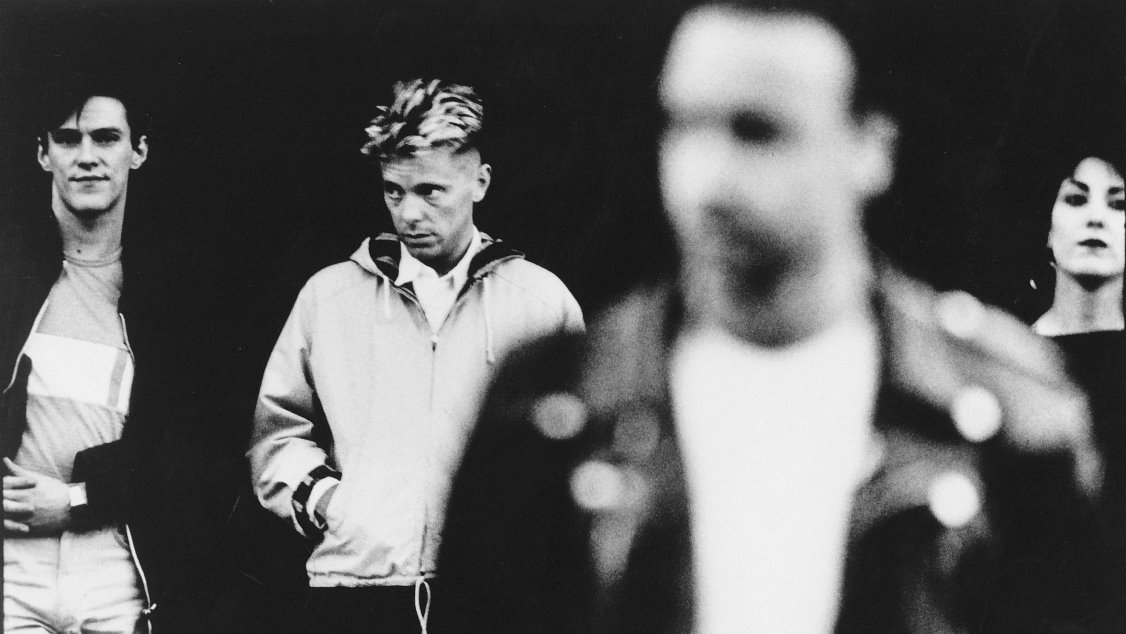
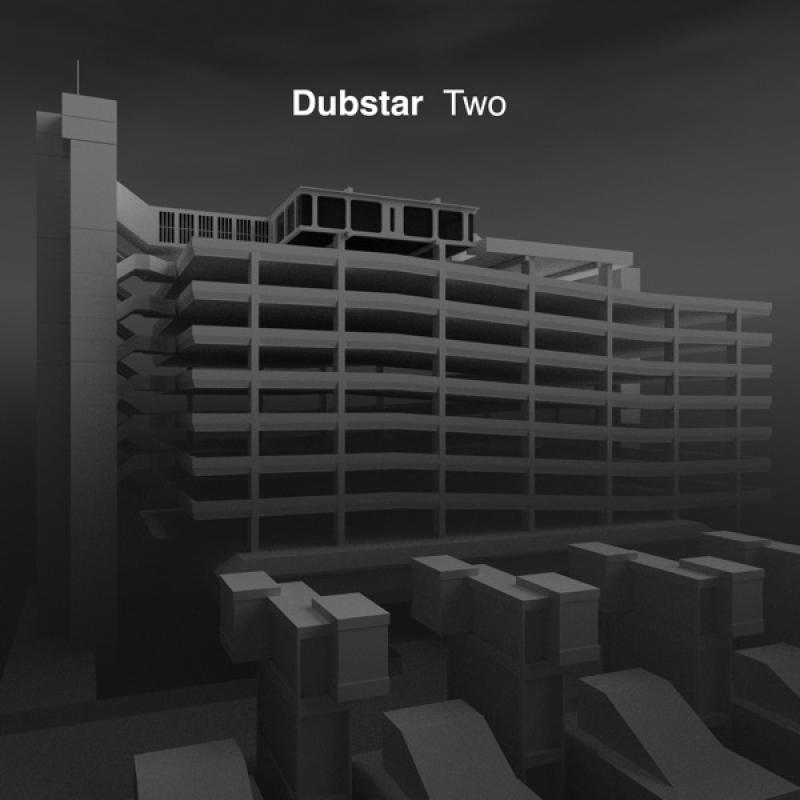
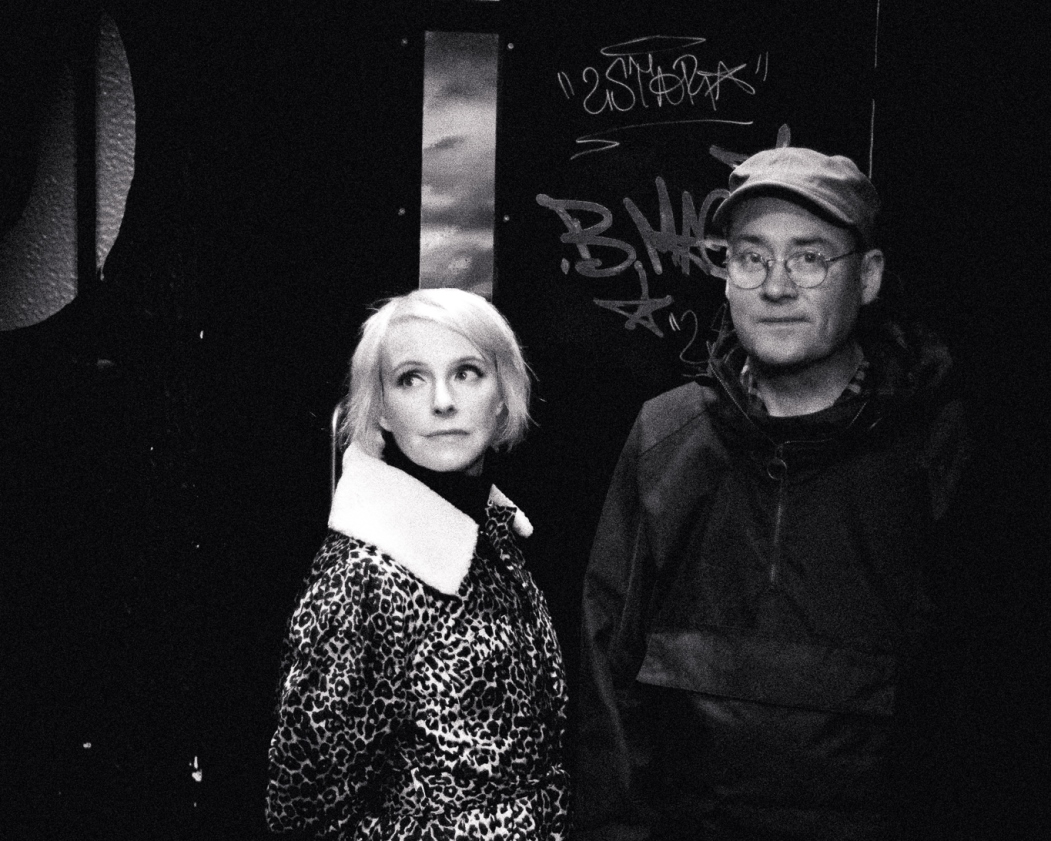
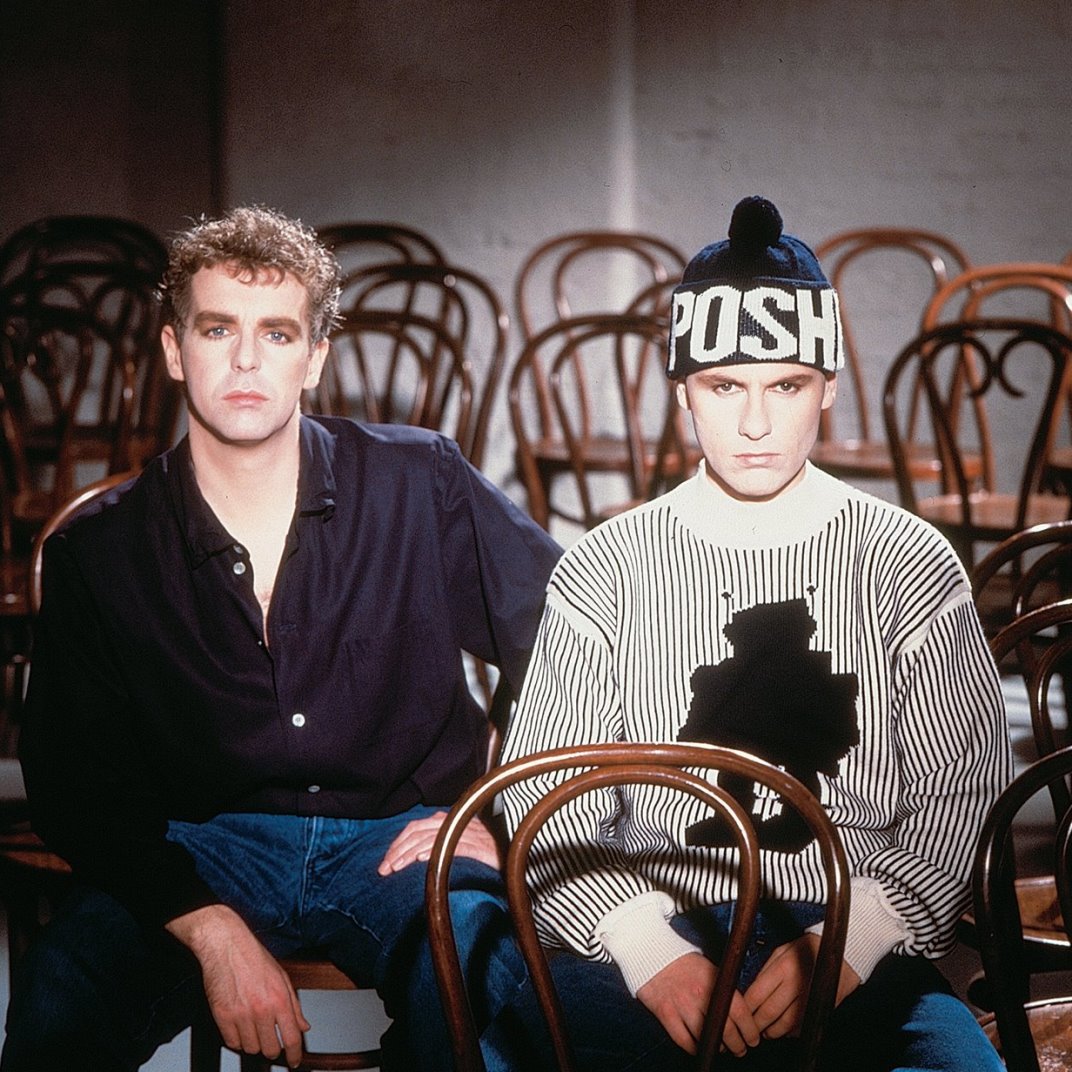
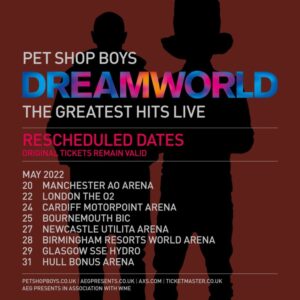

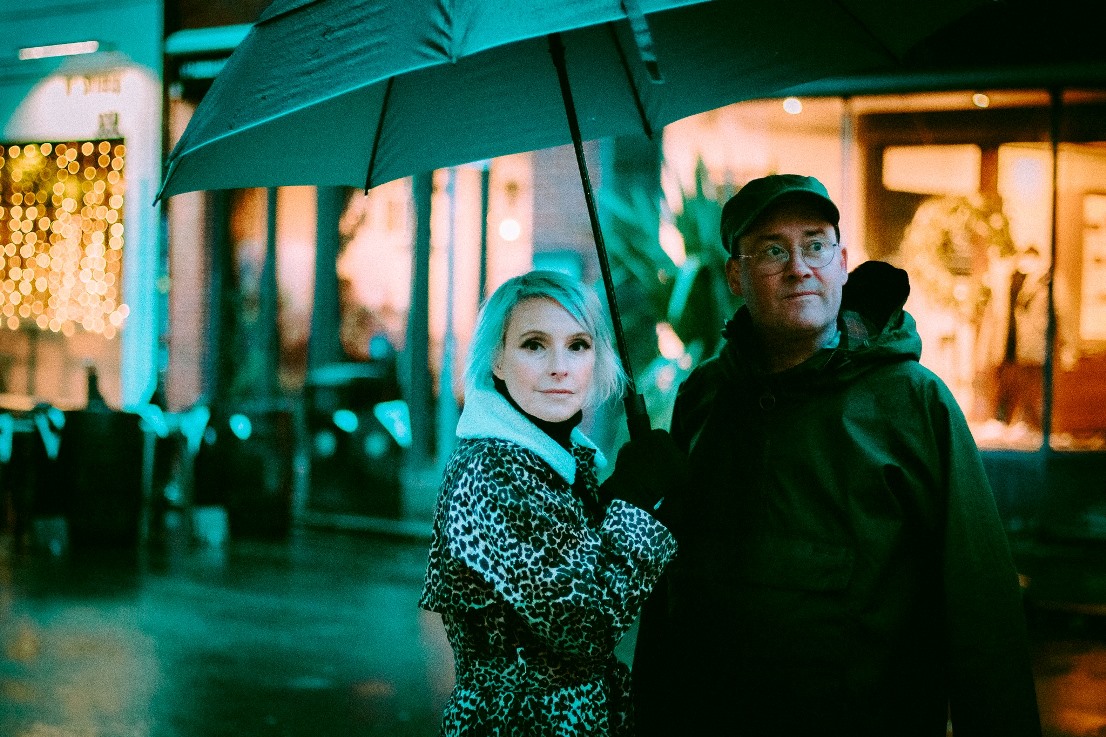
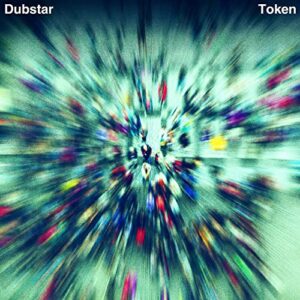
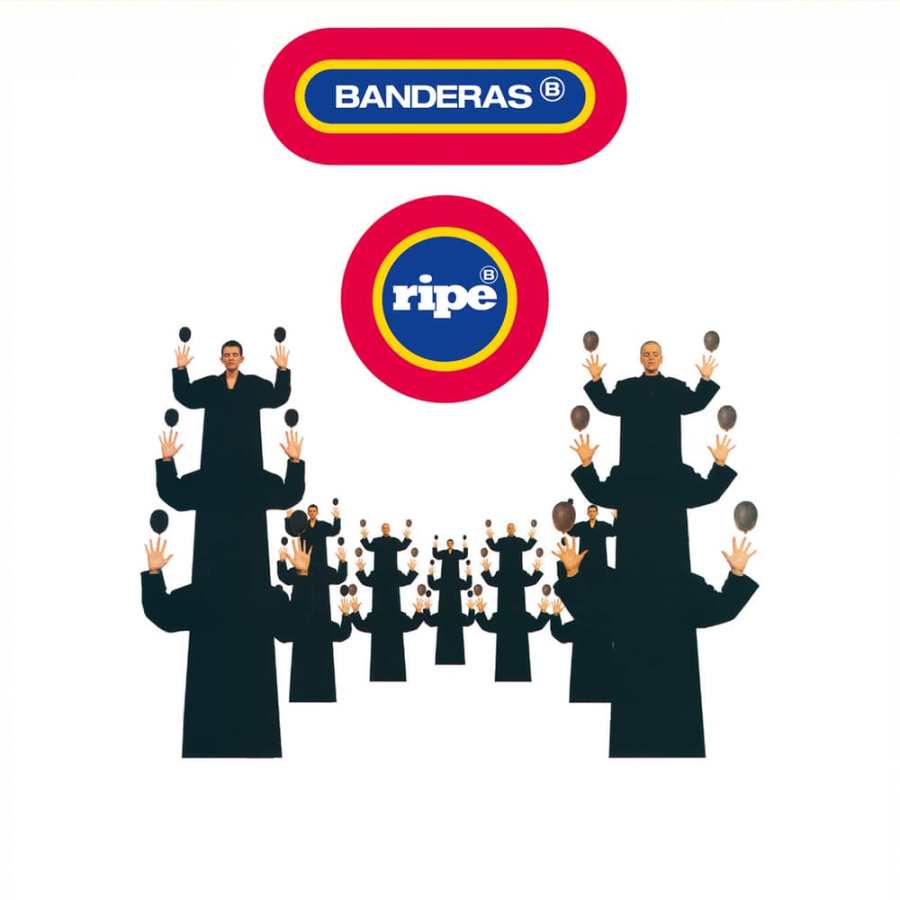
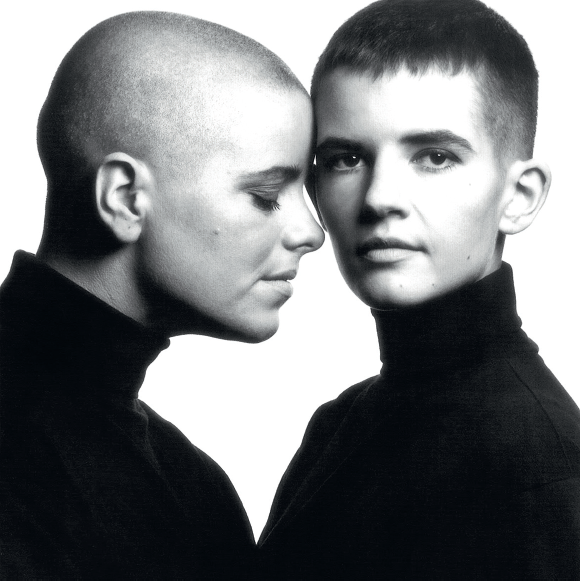
Follow Us!